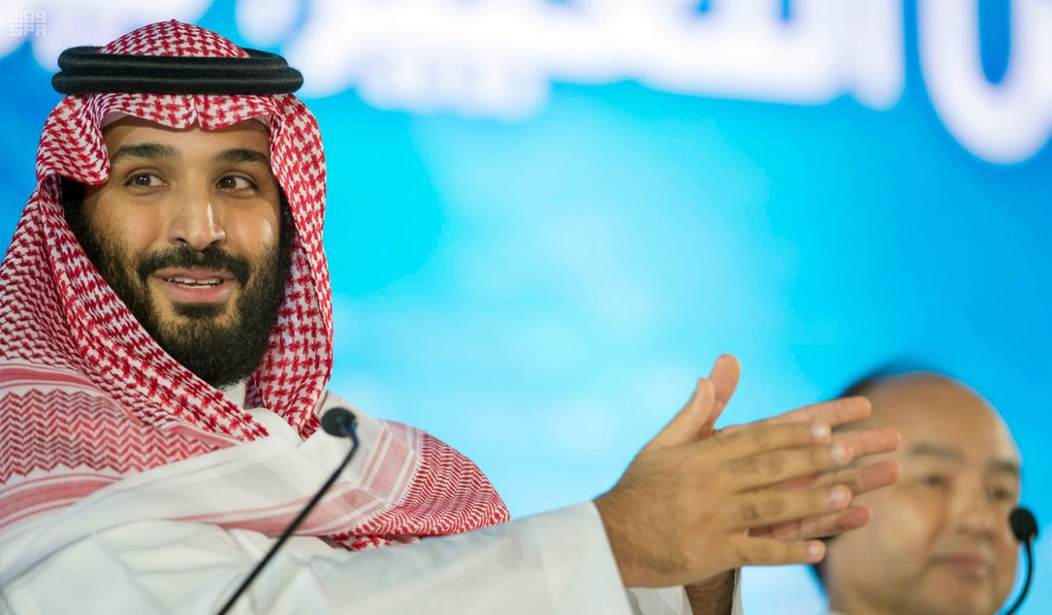As we reported earlier this week, Saudi Arabian Crown Prince Mohammed bin Salman, also known as MbS, has purged the entire government — and royal family — of all who may oppose his agenda. Billionaire princes were arrested, and at least one prince died in extremely suspicious circumstances.
According to The Atlantic, MbS is taking an incredibly big risk:
What MbS is attempting is a political high wire act, without a net, of the tallest order. He is promoting the very top, meaning himself and his father, of Saudi society, along with its bottom and center, and sweeping aside much of the existing upper echelons not under his direct control. It’s bold and ambitious; it’s also an extremely risky and high-stakes gamble.
Surely no other contemporary political figure better embodies Georges Danton’s dictum, “de l’audace, encore de l’audace, et toujours de l’audace” (“Audacity, more audacity, and always audacity”). However, this means that MbS is now personally associated with the success and failure of three major experiments in Saudi governments and society, the perceived collapse of any of which could lead to an extremely dangerous crisis of legitimacy.
Those three experiments, per The Atlantic:
1. The consolidation of political power in the King and his Crown Prince
2. Economic and social reform: moving away from oil-dependence and giving women more rights
3. The assertion of Saudi interests throughout the region, if necessary by confronting Iran
Every single one of those experiments is a major gamble, and The Atlantic essentially argues that it’s not worth it. As they put it: “MbS will either win or lose spectacularly.” This makes his bold moves sound like a game; as if they are looking at Saudi Arabia from the outside without caring about the fate of its citizens.
MbS’s so-called experiments are necessary reforms. From Saudi Arabia’s perspective:
1. Iran must be pushed back.
2. Saudi Arabia’s oil dependence will weaken the country in years ahead.
3. Continuing to oppress women, treating them like little more than property, will cause massive problems: either a revolution, or a society left behind by the world because fifty percent of its population isn’t allowed to participate in its economy.
4. The consolidation of power may be absolutely necessary because princes have behaved like little gods with no accountability. There’s a reason the lower classes are supportive of MbS’ war on corruption: they see how hundreds of princes are rich beyond measure while the Saudi version of John Doe is in poverty.
If MbS wants to ensure the survival of his nation — let alone of the royal family — he has to push through these “experiments.” He knows that doing nothing will inevitably result in the collapse of Saudi Arabian society and, therefore, of its monarchy. He’s waging a war for his family’s (and his country’s) existence.









Join the conversation as a VIP Member